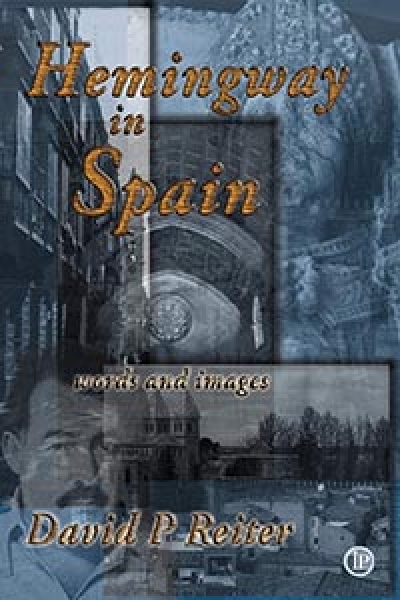Accessibility Tools
- Content scaling 100%
- Font size 100%
- Line height 100%
- Letter spacing 100%
Australian Poetry
Mortal Divide: The autobiography of Yiorgos Alexandroglou by George Alexander
Hemingway in Spain and Selected Poems by David P. Reiter
Ivor Indyk reviews poetry by Karen Attard, M.T.C. Cronin, Lisa Jacobson, Peter Minter, Sue L. Nicholls, and Mark Reid
These six poetry titles represent the third series of New Poets to be published by Five Islands Press. Each title runs to exactly thirty two pages – no more, no less. It is, in a sense, a mini-collection, or a semi-collection, midway between a reading and a book. The series as a whole is therefore like a showcase of new talent – you applaud some of the poems, and get impatient with others, much as you do with the poets themselves. This is a good thing – it presents poetry as the provisional affair it really is, most of the time, for poet and reader alike.
... (read more)When I started publishing my poems back in the early 1970s, I did so amidst a concern that Australian poetry was being Americanised: Coca-Cola, the pizza parlour, and the rock and rollers’ preoccupation with that thing called ‘lurve’ had swept all that was pure and true into the trashcan of history, and we with our Olsons, O’Haras, and Berrigans were unwitting accomplices to this annulling of our own birthright. My defence at the time would have been, ‘well, we’re taking aboard all that’s repulsive in American culture: their military and economic theses, their particular variety of consumerism, and no-one is protesting much about this – so why do they get so upset when we pick up on something of value from that culture?’ American artists themselves had absorbed things from other cultures without anyone there worrying about it. A great deal of the motivation behind the ‘New York School’ came from the French surrealists, though in translation surrealism had its more harebrained ideological aspects removed painlessly. In fact this ‘translation’ was a model of cultural appropriation, showing what a sea-change (and a change of tongue) can do to some seemingly immutable items.
... (read more)






